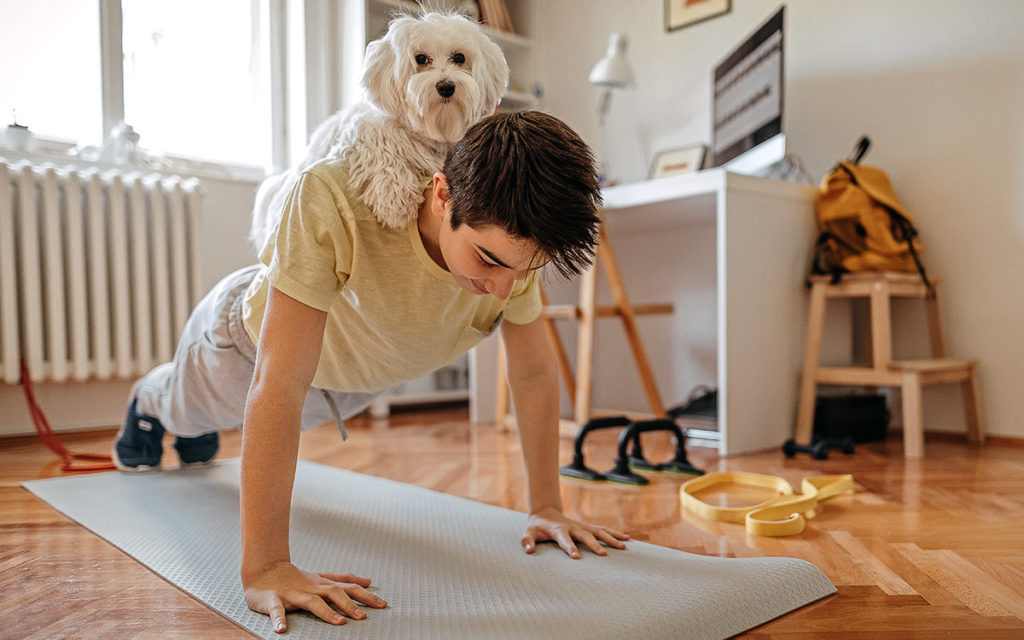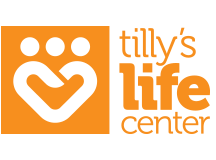
14 Jan Self Care for Teens: A Crash Course
Caring for yourself comes in many different forms. This is something that adults have learned to do over time to stay afloat, but for teens, this is often a new phenomenon that they may just now be learning to navigate. Teaching your teen proactive self care practices is a great way to set them up for success in everyday life, especially when things get tough. But, self-care practices as an adult can be different than what would work best for your teen. That’s why we have curated this brief crash course on self care for teens. Keep reading for the lowdown on all things self-care for teens!
Lesson 1: Support
Teens are worried about so many things that adults might have trouble recognizing. Your teen might even have trouble finding the cause of their own stress. So, don’t panic if your teen is unable to articulate the reason behind their stress at first. Self care practices can actually aid in helping your teen find the cause of their stress, and can be a valuable tool for combating anxiety and depression.
Anything from a project at school, a confrontation with a friend, the political climate, feeling a general sense of being overwhelmed, hormones, or even the weather could be making your teen feel stressed. They might not be able to pinpoint the cause of their stress at first, and that’s ok. Regular practice of self care for teens can help them de-stress and be more mentally and physically aware of what is bothering them. This clarity can then help them be more prepared to take on the challenges everyday life throws at them.
Lesson 2: Scheduling
Busy schedules are often a new experience for teens. Feeling overwhelmed with the high pressure environment of academics, extra curricular activities, the inevitable future after high school, and even just plain growing up, is totally normal. So, just as you might encourage your teen to get involved in school and other important parts of life, it is also crucial that you encourage your teen to schedule in time for themselves each day — no excuses.
Help your teen make self care practices a habit that are fully integrated into their schedule. Just as important as the other items on their to-do list, taking care of themselves mentally allows them to feel and perform their best in the other aspects of their lives.
Lesson 3: Exercise

Caring for physical health has endless positive effects on mental health. Not only does exercise take care of yourself physically, but also boosts all of those good brain chemicals that naturally improve teen mental health. For many young people experiencing stress, working out is an incredible resource to get negative energy out and bring up those endorphins.
Anything from dancing in their room to their favorite music to a peaceful yoga class can center their mind and bodies. Exercise promotes a sense of both energy and a sense of accomplishment each day, making relaxation and relieving stress much easier.
Lesson 4: Meditation
Meditation and yoga can go a long way to calm down and de-stress your teen. Meditation is a self-care practice that your teen can do at any time that they feel overwhelmed to find a productive balance.
Simple breathing exercises and learning to be present in the moment can improve your teen’s life. Meditation is known to relax and relieve stress as well as improve symptoms of anxiety and depression.
Lesson 5: Sleep
One thing teens often don’t often get enough of is sleep. The intense pressure of keeping up with everything going on can not only cause them to stay up until the early hours of the morning finishing up projects, but can also keep them awake at night even when they are tired and trying to sleep. Teaching your teen good sleep habits is a great way to promote self care.
Teen mental health challenges can often be improved with more and better quality sleep. This means putting devices away well before bed and making regular sleep and wake times a scheduled habit.
Lesson 6: Social

For many teens, especially extroverts, a balanced and positive social life is a major key to feeling uplifted, energized, and fulfilled. Encourage your teen to spend time with friends that have a positive impact on their lives. Making social activities a part of their self care practices can help them relax with a happy distraction.
Teens can lean on each other for support when they are stressed and often can use their friendship to work through their worries and stressors as a team. Even your presence and support as a parent, engaging in social activity with your teen can help them feel more at ease.
Lesson 7: Unplug
Quiet and device free activity can have a profound effect on relaxation. Our screens stimulate our brains and remind us of the seemingly endless work to be done. Encourage your teen to unplug and relax with an activity that does not require an internet connection.
Self care practices often include getting outside and reveling in the beauty of nature. This simple act can serve as a grounding and centering force to remind your teen that the tough feelings they are experiencing are likely temporary and that there is so much more to the world than our immediate stressors.
Self care for teens is a vital learning process for growth and peace as young people acquiesce into the adult world. At Tilly’s Life Center, our mission is educating your teens with social and emotional learning skills to help them find joy and ease conflict in life. For more information, or to enroll your teen in a virtual workshop, visit https://tillyslifecenter.org/


